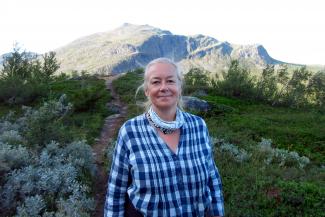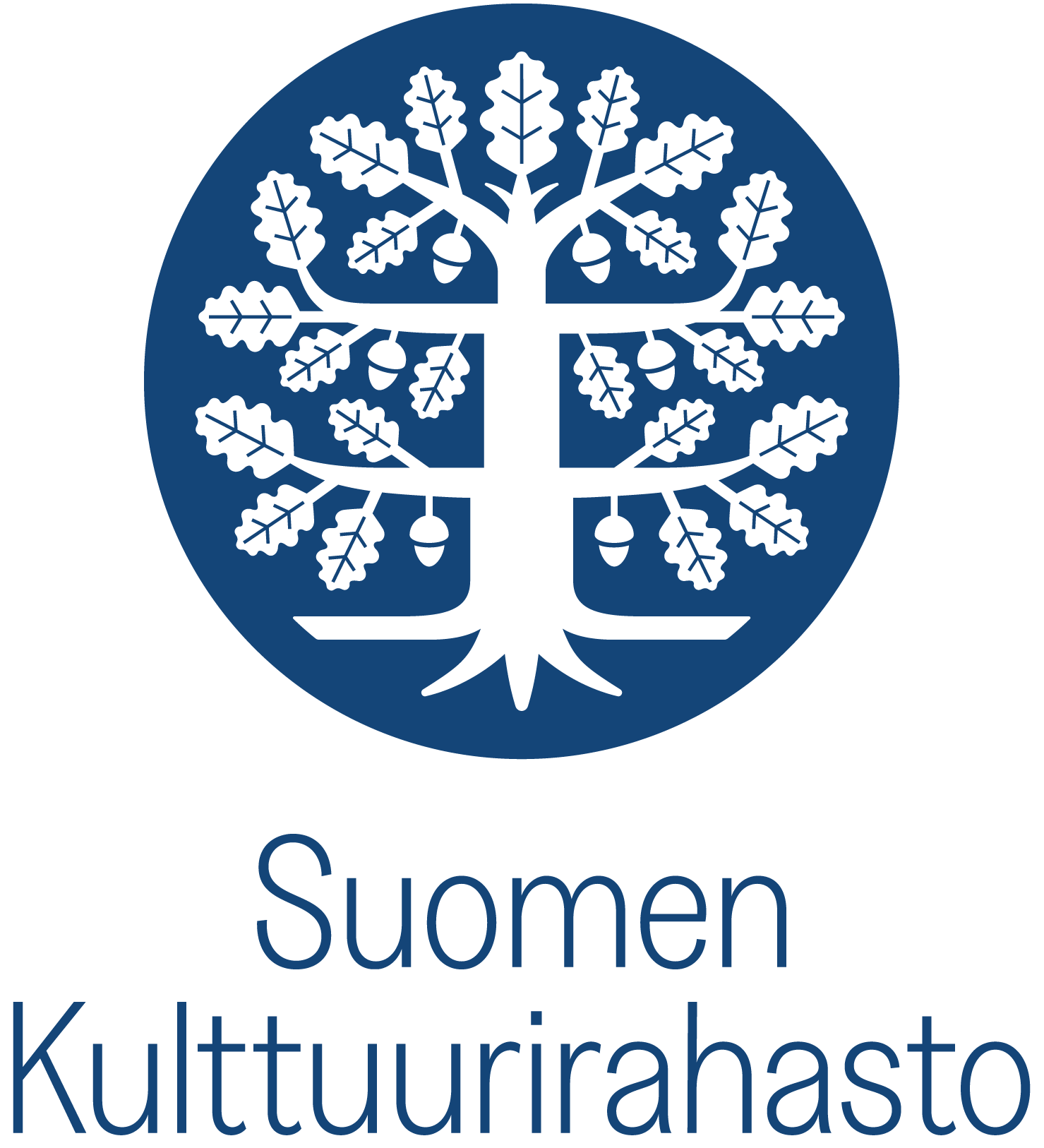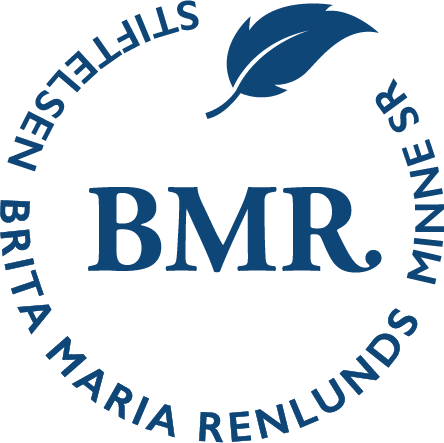
“The only way to approach the great challenges of the future is collaborating between all science domains”
According to Marika Hedin, there are no workable solutions to climate change, health issues or food shortages if we do not base these solutions firmly on the understanding that humanities and social sciences give us of how people and their societies work. Hedin is CEO of Riksbankens Jubileumsfond, one of the financiers of Future Challenges in the Nordics.

“During 2019, Riksbankens Jubileumsfond was invited to a conversation with other Nordic foundations on how the increased focus on the UN developmental goals should affect research funding. After discussions with the research community, it became clear that there really are specific Nordic perspectives on these challenges.”
Why did you want to fund the research programme?
“For our foundation, it is important that research questions are formulated within a peer-review context. In our experience, this generates the most fruitful and relevant projects. At the same time, the UN developmental goals are now at the forefront of societal discussions and policies all over the world, also in the Nordic countries. RJ is interested in the intersection between this trend and current research within humanities and social sciences. As we have discovered, researchers within our fields are very active in thinking about the developmental goals and how they pose challenges for our societies.”
What are your expectations of the research programme?
“The challenges identified in the developmental goals are global in scope. But as societies around the world differ – they do not share the same history, have different natural and cultural conditions, are organized in various ways – the challenges require solutions that are varied and adaptable. A range of transnational, national, local but also regional approaches are needed. The Nordic societies have a lot of things in common, not least their take on the modern welfare state. At the same time, there are also clear differences between the Nordic countries which we need to understand better in our discussion on the global challenges. The varied policies in the face of the covid-19 pandemic is a case in point. My hope with this research programme is that our knowledge about these similarities and differences will deepen, and thus provide a firm foundation for policies aimed at finding solutions to our shared challenges. I also hope that the programme will inspire an increase in joint Nordic research collaborations. We have a lot to learn from working together.”
Why is it important to highlight humanities and social sciences?
“I firmly believe that the only way to approach the great challenges of the future is collaborating between all science domains. There are no workable solutions to climate change, health issues or food shortages if we do not base these solutions firmly on the understanding that humanities and social sciences give us of how people and their societies work.”







